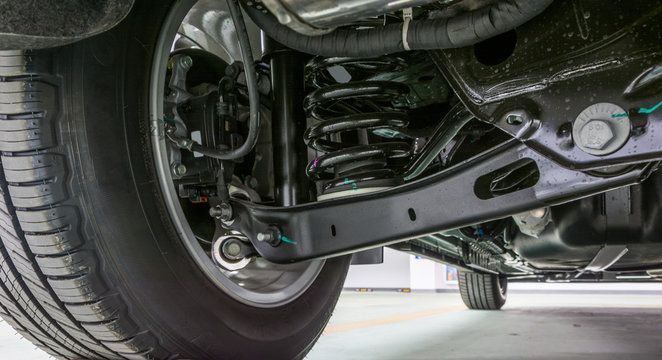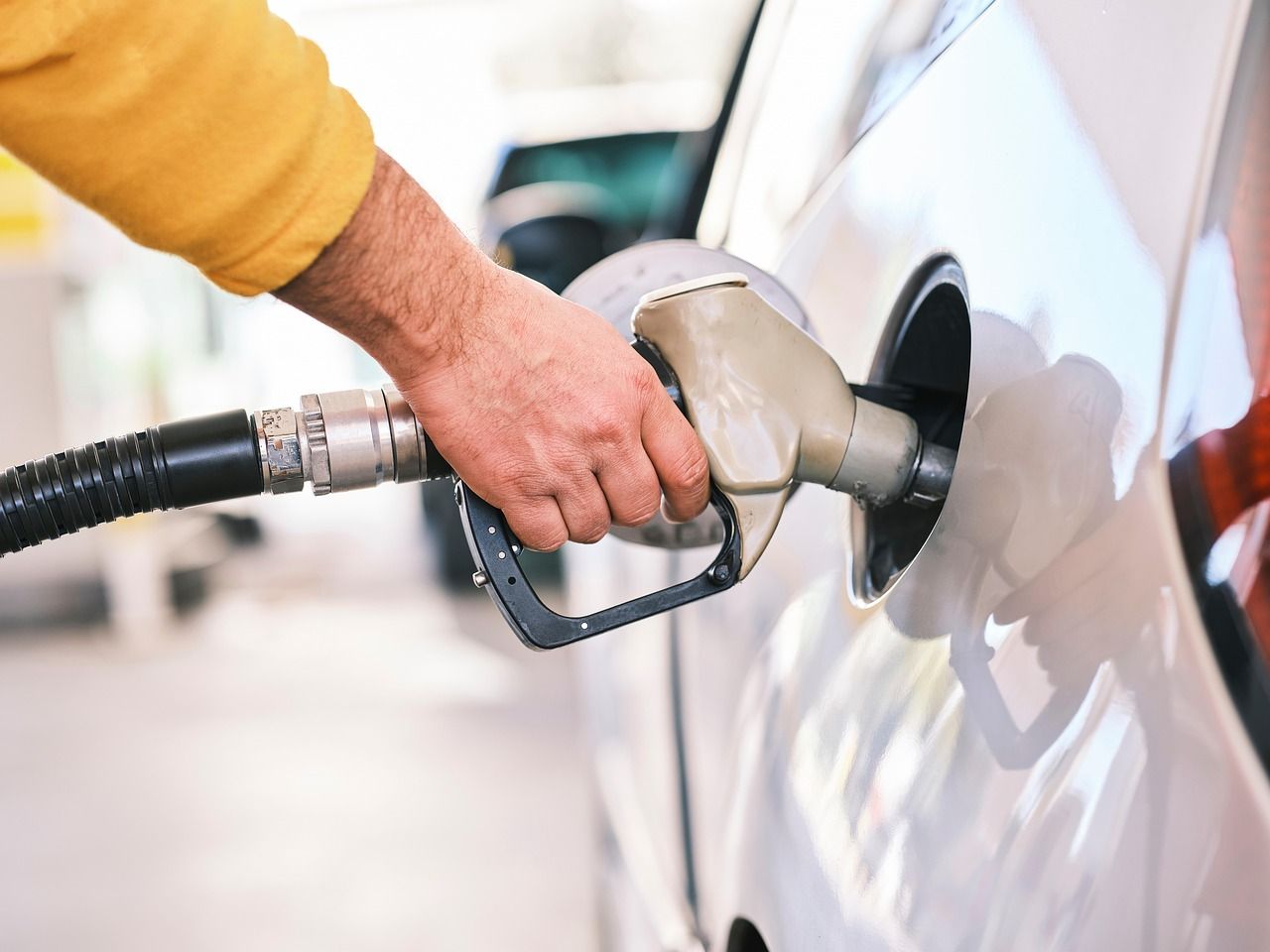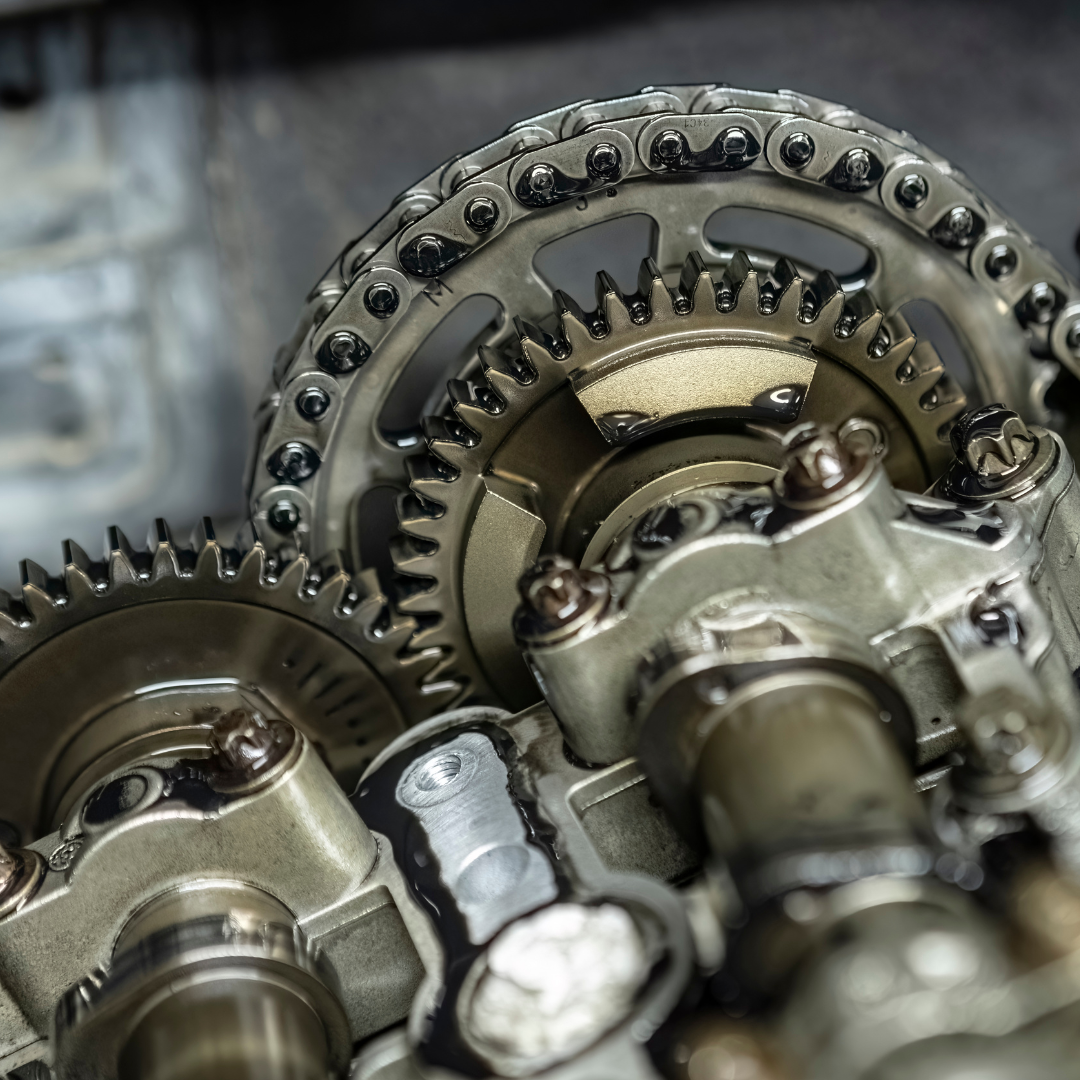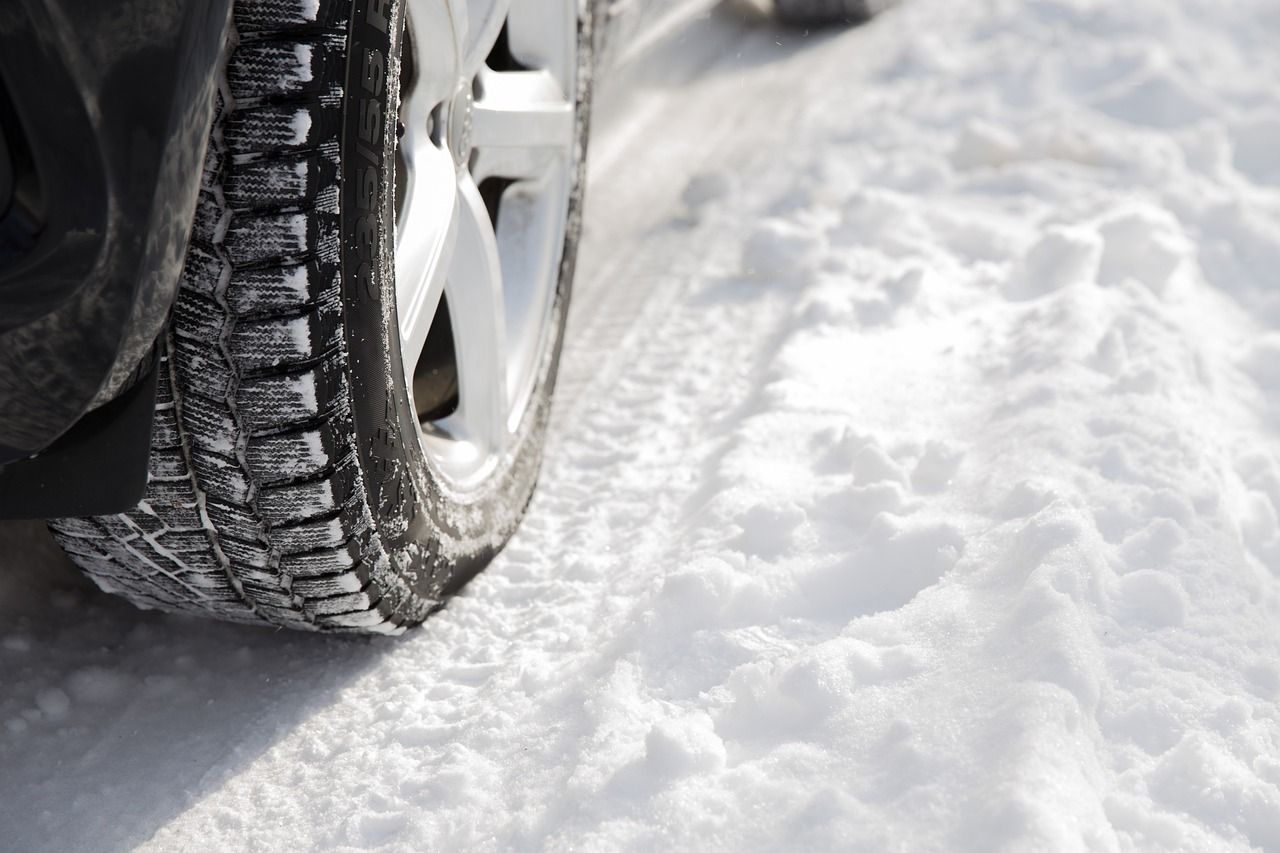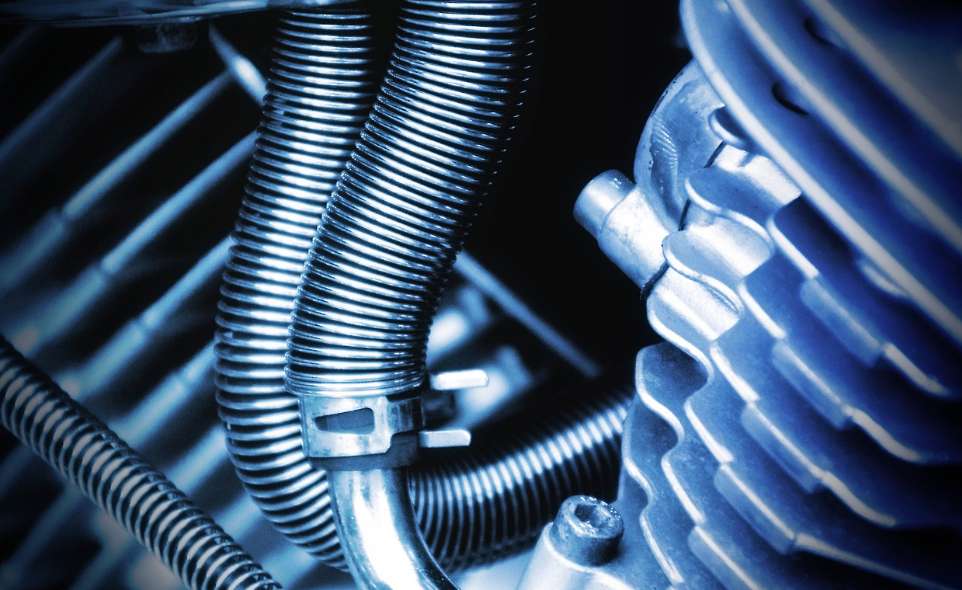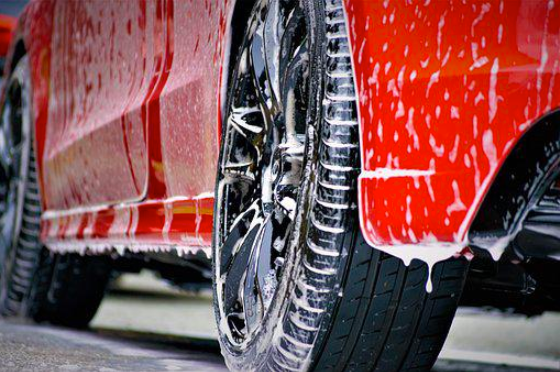The Impact of Heat on Your Car's Performance
UNDERSTANDING THE INFLUENCE OF HEAT ON YOUR CAR'S PERFORMANCE
Have you ever noticed that your car tends to face more malfunctions during the summer season? The higher temperatures can negatively impact different parts of your vehicle. Understanding how heat affects various components is essential in preventing any unwarranted issues. Let's delve into why comprehending this detail matters and techniques to ensure peak performance amidst hot weather.
EFFECTS OF HEAT ON ENGINE PERFORMANCE
When temperatures rise, your vehicle's engine is impacted as well. Although engines are designed to function in hot environments, excessive heat can cause them to surpass their limits. Here's a breakdown of what happens:
- Increased Engine Temperature: In hot weather conditions, your engine has to work harder to regulate its temperature. This can cause the temperature levels to rise above normal and put additional stress on different components of the engine.
- Potential Overheating: Insufficient cooling can increase the likelihood of overheating, which poses a significant risk to your engine's health. Malfunctioning coolants may cause irreversible damage like distorted cylinders or even a ruptured head gasket.
- Impact on Engine Oil Viscosity: The viscosity of engine oil is adversely impacted by heat, which diminishes its ability to lubricate and safeguard the mobile parts. Consequently, augmented friction takes place that hastens wear and tear beyond ordinary limits.
To maintain an optimal engine temperature, it's recommended that you frequently monitor your coolant levels and inspect the radiator for any issues. Additionally, using high-quality engine oil that can withstand elevated temperatures is a wise choice.
COOLING SYSTEM CHALLENGES
Your car's cooling system functions as its personal air conditioner and, like humans, may experience issues under extreme temperatures. Here is a closer examination of the specifics you should take into account:
- Strain on Radiators and Coolant Systems: These systems hold significant importance in regulating engine temperature at its best. In regions with hotter climate, they operate more vigorously than usual; consequently even minor glitches can develop into severe complexities.
- Common Cooling System Failures: Cooling systems commonly experience leaks, obstructions, and malfunctioning thermostats. If your vehicle exhibits signs of overheating, pull over and give it time to cool down before checking the coolant levels. It's essential that you avoid opening the radiator cap while the engine is still hot.
- Maintenance Tips for Optimal Cooling: Regular maintenance can prevent most complications with the cooling system. The process entails flushing out the radiator, checking hoses for any signs of leaks or harm and ensuring that antifreeze and water are correctly combined in the coolant solution.
Keeping up with your cooling system maintenance is essential to avoid frustrating roadside malfunctions during high temperature conditions.
IMPACT ON BATTERY LIFE
The discussion of your car's battery is worth considering as the impact of high temperatures on it cannot be ignored. Despite not being at the forefront of our thoughts, there are compelling reasons why this should be given attention.
- Heat and Battery Degradation: High temperatures cause batteries to undergo accelerated chemical reactions that result in their degradation, ultimately shortening their lifespan. Despite the misconception of it being advantageous, elevated temperatures lead to reduced performance and evaporation of battery fluid while also increasing failure likelihood.
- Signs of Battery Failure: When you observe a sluggish ignition or the dashboard battery indicator illuminated, it is evident that your vehicle's battery has some defects. Additionally, the formation of rust around the terminals implies there are hidden malfunctions affecting its operations.
- Preventive Measures for Battery Health: To keep your battery healthy, make sure it's securely fastened and regularly clean its terminals. Moreover, it’s recommended to have the battery examined before summer hits its climax to avoid any unexpected glitches.
Regular battery monitoring can prevent avoidable issues and guarantee a worry-free vehicle start, regardless of scorching temperatures.
TIRE PERFORMANCE IN HOT WEATHER
Afterward, let's redirect our attention to the tires of your vehicle. The scorching weather leaves a significant impact on them as well. Here is what takes place:
- Increased Tire Pressure: When the temperature rises, it causes a corresponding increase in air inside your tires and creates high pressure. Tires that are inflated beyond their recommended limit can lead to reduced grip on roads and produce uneven wear marks, which directly impact both your security and budget negatively.
- Risks of Tire Blowouts: The likelihood of tire blowouts increases if the rubber loses its strength due to exposure to high temperatures. This risk is further aggravated in case there are pre-existing damages or wear and tear on the tires, which can be especially dangerous when driving at high speeds.
- Tire Maintenance Tips: Regularly examine the pressure of your tires, best when they are cool and verify that it meets the manufacturer's recommended levels. Furthermore, scrutinize the tread to identify signs of wear or damage. To improve their longevity and performance even in high temperatures, ensure proper rotation and alignment is carried out consistently.
Proper tire maintenance is crucial to ensure safe driving and prevent unexpected tire failures in hot weather.
EFFECTS ON THE AIR CONDITIONING SYSTEM
Now, let's focus on the air conditioning system. When the temperature rises to unbearable levels, a functional A/C can make all the difference in saving one's life. So, it is important to examine how heat affects its operation closely.
- Increased Demand on A/C Systems: An increase in temperature places added strain on your vehicle's air conditioning system, causing it to work harder to maintain a comfortable interior. This increased workload may result in undue stress and potential issues for the A/C unit.
- Common A/C Problems in Heat: In hot weather, usual problems with A/C comprise of reduced cooling or extended duration to cool the car. These indicators could imply insufficient levels of refrigerant or a weakened compressor that worsens when exposed to high temperatures.
- Tips for Maintaining A/C Efficiency: To ensure your A/C's efficiency, it is crucial to schedule periodic servicing. This includes checking the refrigerant levels and inspecting the compressor unit while ensuring no leaks in the system exist. Furthermore, parking under shade or using sunshades can alleviate stress on your vehicle's cooling mechanism when you first embark on a drive.
The assurance of maintaining your A/C system not only ensures your comfort, but also prevents it from malfunctioning during crucial moments.
BRAKE SYSTEM PERFORMANCE
Following that, analyze the diverse manners in which heat can impact your car’s braking mechanism. It should be emphasized that brakes are crucial for maintaining safety during driving and elevated temperatures may result in numerous problems.
- Heat and Brake Fade: Your vehicle's brakes may rapidly heat up during hot weather, especially in situations like stop-and-go traffic or when going down steep hills. This elevated temperature affects both the brake pads and rotors, causing a decrease in braking power known as "brake fade".
- Importance of Brake Fluid: Brake fluid plays a vital role in your braking system. Heat can negatively affect its performance, allowing moisture to enter and causing the pedal to feel spongy while diminishing overall efficiency. This puts your brakes at risk of failure, highlighting the importance of maintaining optimal brake fluid quality levels.
- Maintaining Brake System Health: Performing regular maintenance is essential for a healthy brake system. This upkeep includes carefully examining the brake pads and rotors for any indications of wear and checking that there are no foreign substances in the adequate level of brake fluid. If you notice any changes to your braking performance, it's important to seek expert assistance by scheduling routine inspections on your brakes.
Making sure that the brake system is functioning properly ensures safe and reliable stopping power, even under high temperatures.
IMPACT ON TRANSMISSION
To avoid any issues caused by high temperatures, it is crucial to pay attention to the transmission system. Below are some essential pointers that you should keep in mind:
- Transmission Overheating: Just like with engines, transmissions can also overheat. High temperatures cause the transmission fluid to become less viscous and ineffective at lubrication and cooling its parts. This situation may lead to overheating problems as well as potential damage risks.
- Signs of Transmission Trouble: If you notice delays in gear shifting, slipping of gears or any unusual noises emanating from your vehicle's transmission system when the weather is hot, it could be a sign that the transmission is experiencing stress. Ignoring these warning signs can lead to serious complications down the road.
- Preventive Maintenance for Transmission: Regularly examining the fluid level and quality is crucial for ensuring that your transmission stays in top-notch shape. Furthermore, scheduling routine checkups to detect potential leaks or damage and replacing fluids are both beneficial measures.
Properly maintaining your transmission can help manage the heat and ensure smooth movement of your vehicle.
FUEL SYSTEM EFFECTS
The fuel system and its susceptibility to heat will be our topic of discussion. Its negative impact on fuel efficiency coupled with the emergence of unique difficulties can be anticipated. The following is a comprehensive analysis:
- Heat and Fuel Efficiency: To optimize fuel consumption and heat management, it is important to avoid excess heat in your vehicle. When the engine needs to work harder to cool down, additional energy will be consumed which can ultimately lead to unnecessary use of fuel.
- Vapor Lock in Fuel Lines: When there are high temperatures, fuel lines may undergo vapor lock. This causes the fuel to evaporate prematurely before reaching the engine and is known as a condition called “vapor lock” which can hinder your car's smooth operation or even its ability to start normally.
- Tips for Fuel System Maintenance: To avoid fuel system issues, make sure your tank is always half-full to prevent vapor lock. Regularly monitor the condition of your fuel lines and replace any that show wear or damage. Additionally, choose high-quality fuels to support optimal engine performance.
It is essential to uphold an efficient fuel system in order to sustain optimal performance and effectiveness, particularly when exposed to high temperatures.
ELECTRICAL SYSTEM VULNERABILITIES
Upon examining how heat affects the electrical system of your car, it becomes apparent that elevated temperatures can cause a range of issues.
- Heat-Induced Electrical Failures: Possible failures may occur in electrical components due to their expansion and contraction when they are exposed to high temperatures. This can make wiring insulation frail or cause connectors to become loose, resulting in unpredictable electrical problems.
- Protecting Electrical Components: Regularly inspecting the wiring and connectors for signs of damage or wear can help protect your electrical components. Ensure all connections are securely fastened and free from corrosion. Furthermore, maintaining clean and secure battery terminals may prevent future electrical issues.
- Regular Inspection and Maintenance: Regular inspections and maintenance are essential. It is recommended to seek the assistance of an expert in evaluating your electrical system, particularly before the sweltering months hit. This entails ensuring that key components like alternator and starter function properly.
Following these steps can ensure the smooth operation of your car's electrical system, even in hot weather conditions.
INTERIOR AND EXTERIOR CONSIDERATIONS
In addition to affecting your car's mechanical parts, the heat can also have an impact on both its interior and exterior. Valuable insights are provided in the following information:
- Effects of Heat on Car Interiors: Consistent exposure to elevated temperature can lead to the dashboard and seats cracking and changing colors. Interiors that are covered in leather bear a greater risk of becoming dry, which makes them more susceptible to brittle damage.
- Exterior Paint and Body Protection: Continuous exposure to the sun's UV rays can cause your car's body protection and exterior paint to lose its shine, resulting in an unappealing worn appearance. This also increases the risk of damage including clear coat peeling, rusting, and overall deterioration over time.
- Preventive Measure for Interior and Exterior: To protect your car's interior and exterior, take precautionary measures like using sunshades when parking in shaded areas. It can also be helpful to use a UV protectant on your dashboard and seats. For the outside of the vehicle, regularly washing and waxing it acts as a defense against potential harm from UV rays. Adding an additional layer of protection with a car cover is advantageous, too.
These steps can assist you in preserving your car's fresh appearance and sensation, even during scorching days.
PRACTICAL TIPS FOR DRIVING IN HOT WEATHER
Taking some extra precautions is essential to ensure your safety and guarantee that your car performs optimally while driving in hot weather. Here are a few practical tips:
- Preparing Your Car for Heat: Check if your coolant levels, battery and tire pressure are in good condition. Additionally, verify whether or not your air conditioning system operates effectively and see to it you have sufficient windshield washer fluid on hand.
- Safe Driving Practices: To ensure safe driving in warm weather, it is advisable to avoid crowded routes and take breaks occasionally on long trips for your car to cool down. Moreover, use the internal ventilation system instead of excessively depending on air conditioning to maintain an ideal temperature inside the vehicle.
- Emergency Preparedness: You can ensure preparedness by always having an emergency kit in your vehicle. The kit should consist of essential items that include water, coolant, a basic tool set, and a fully charged cell phone. Moreover, it is advisable to carry sunshades as well as reflective blankets which help keep the interior cool while you wait for assistance during unexpected events.
Understanding the impact of heat on your vehicle's performance is crucial for promoting its durability. By following these recommendations and adopting a preventative maintenance approach, you can ensure that your car functions smoothly even in extreme temperatures.
At Foothill Auto Service, we encourage you to make routine check-ups a part of your vehicle's care regimen. This ensures that issues are caught and addressed early and gives you peace of mind. When you visit us, you can trust that your vehicle is being looked after by professionals as invested in its well-being as you are. Foothill Auto Service is your trusted partner in ensuring your vehicle runs smoothly. Schedule an appointment with Foothill Auto Service today. Visit us at 26911 Vista Terrace, Lake Forest, CA 92630, or call us today!

